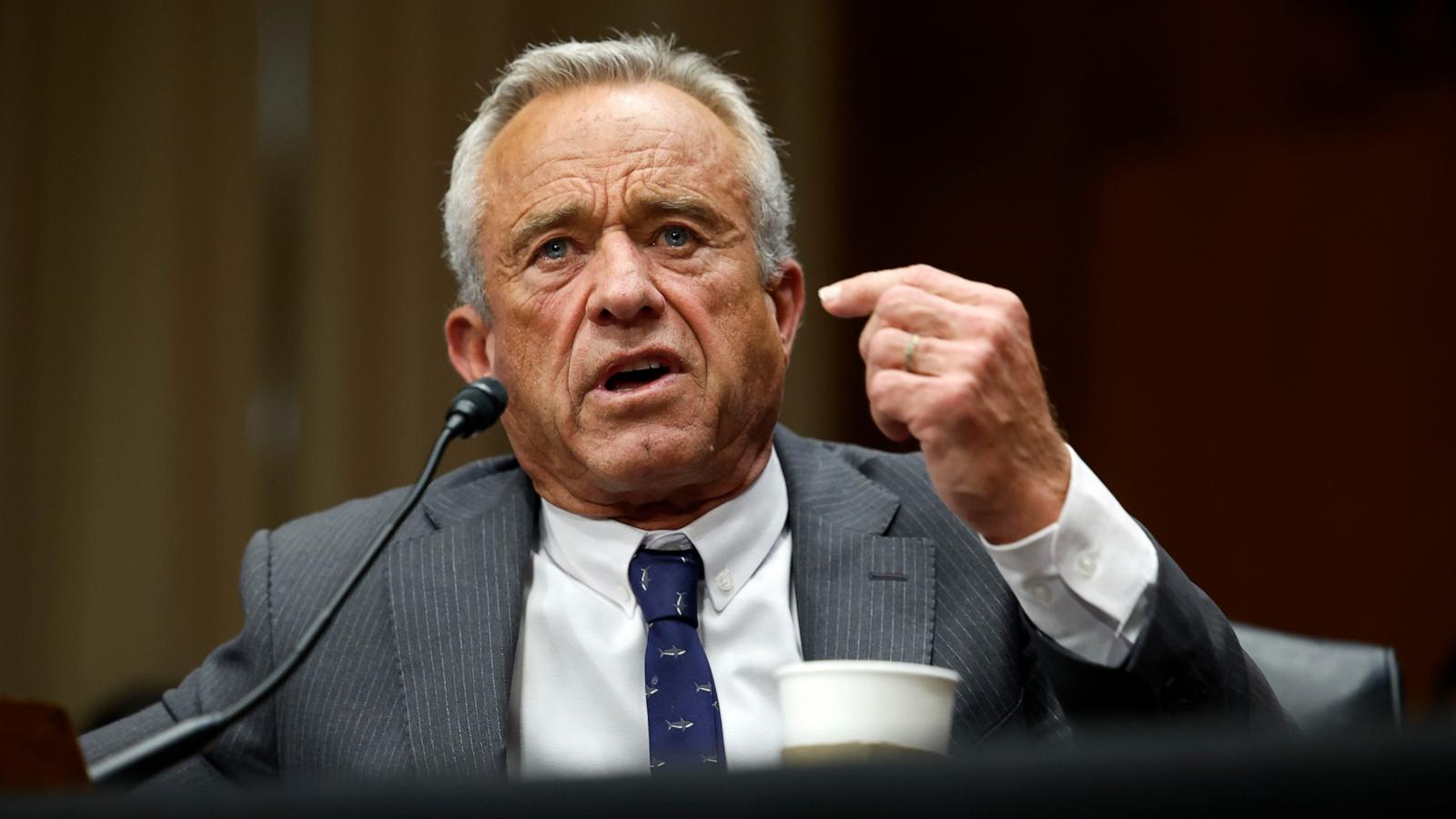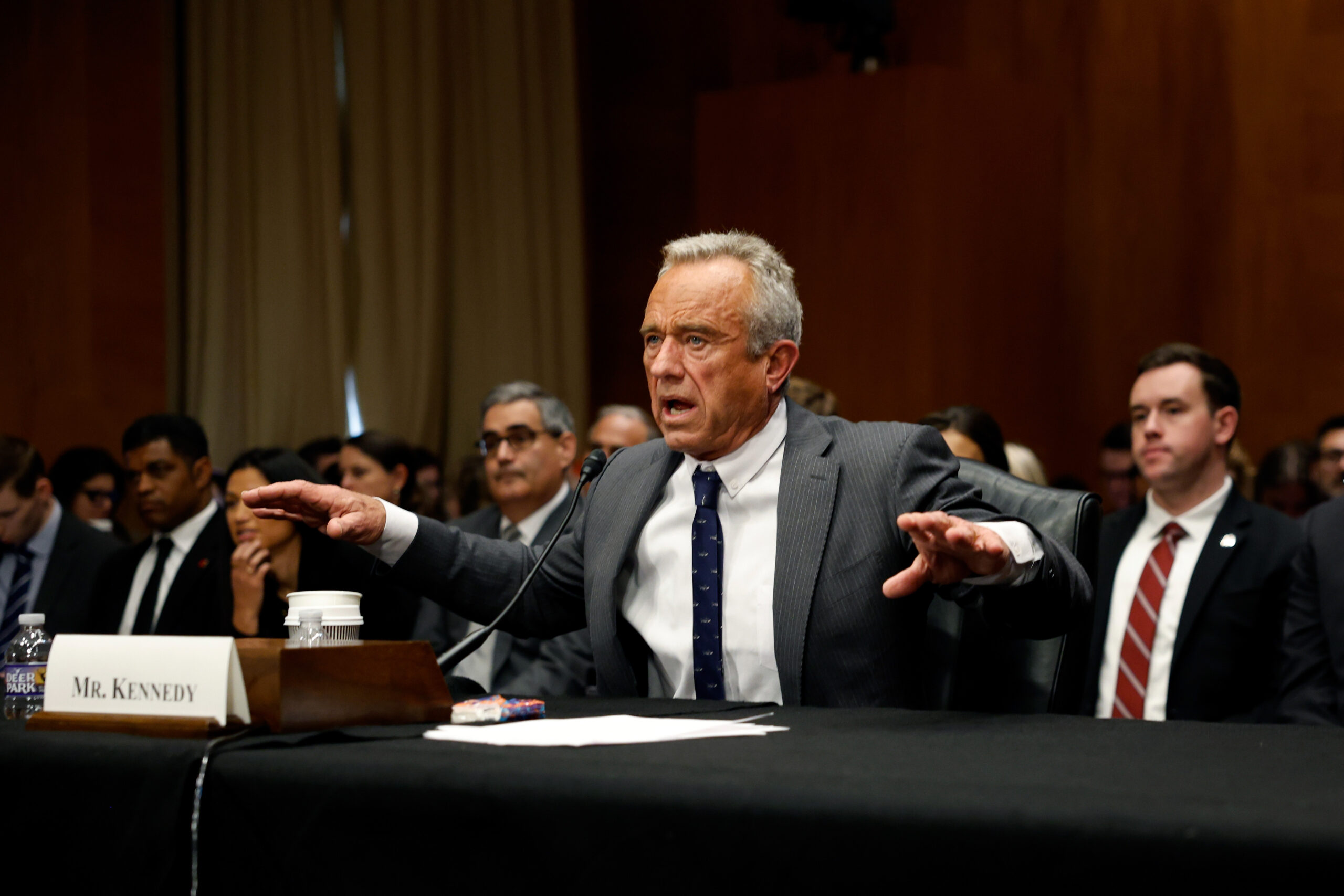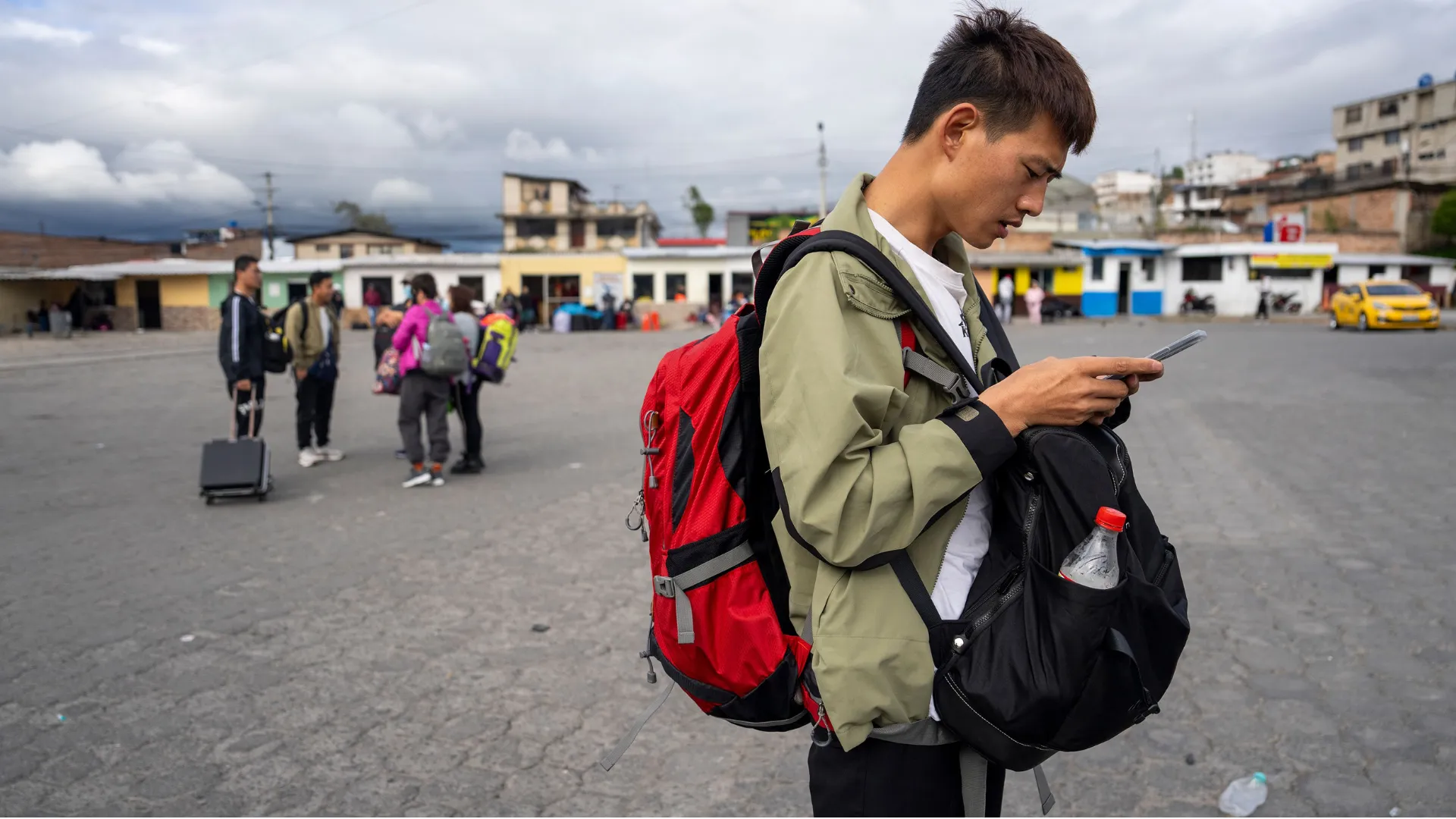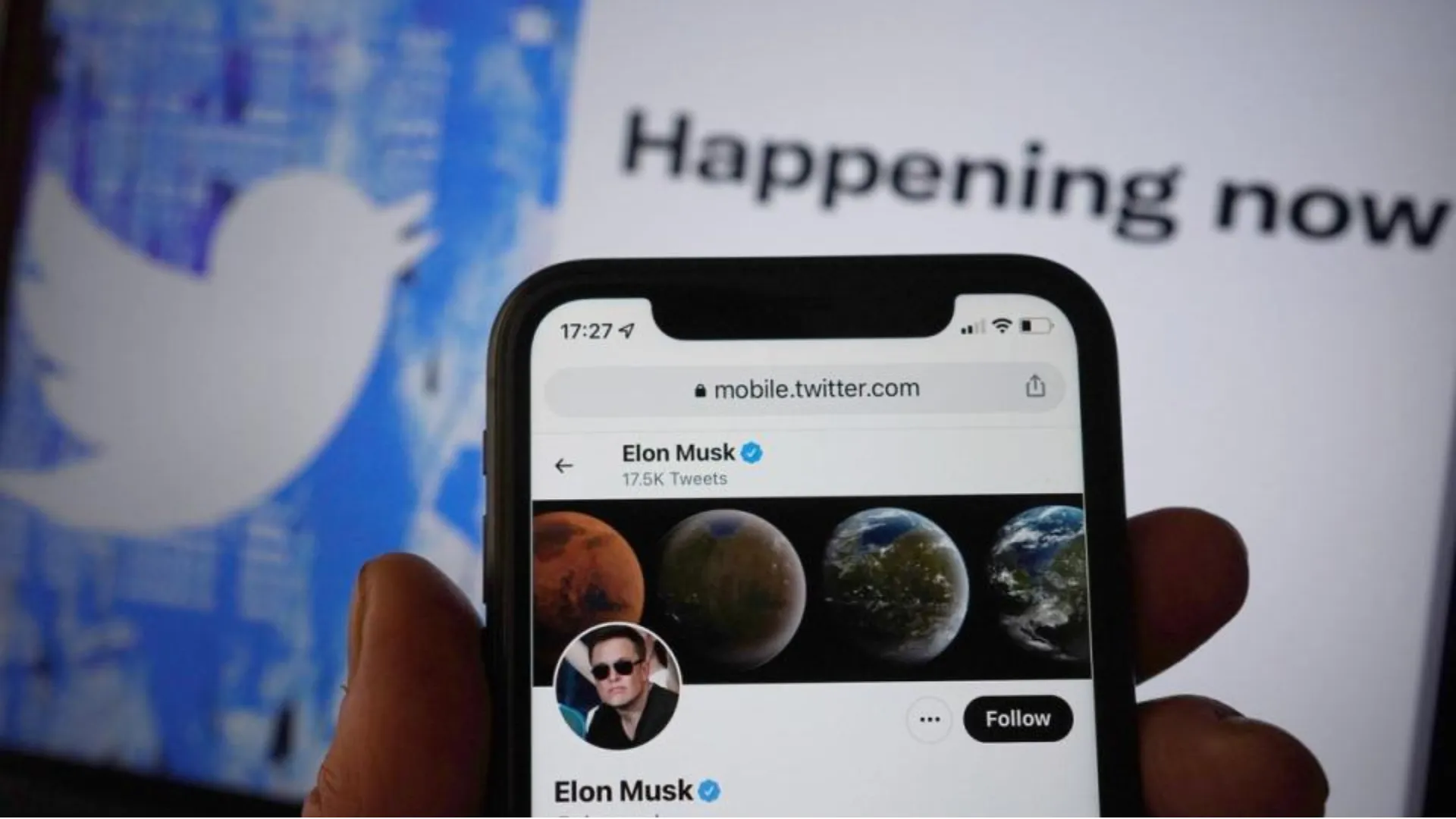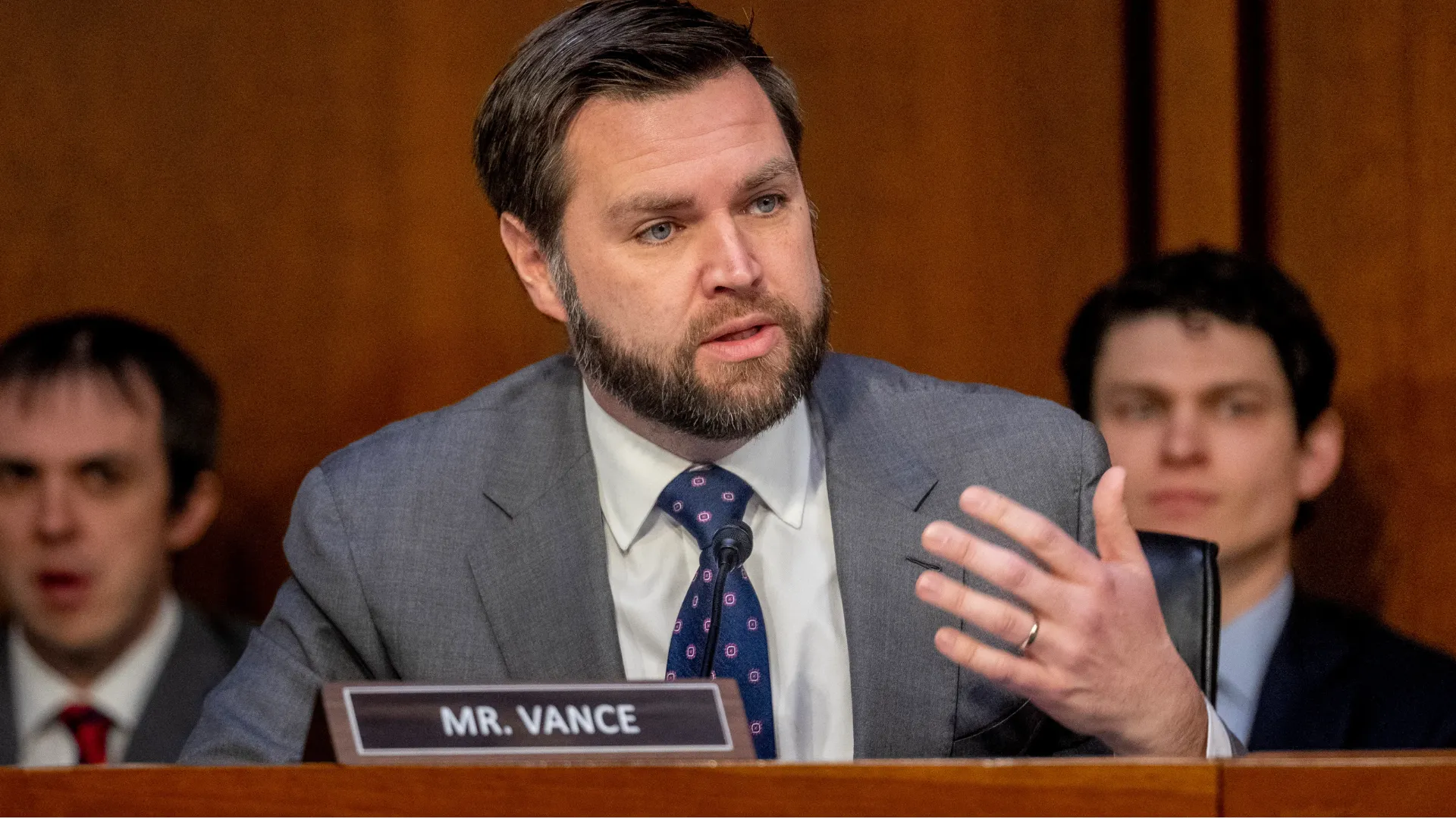In what could become one of the most consequential and controversial public health undertakings in recent memory, the Department of Health and Human Services (HHS), under Secretary Robert F. Kennedy Jr., has launched an expansive research initiative aimed at identifying the root cause of rising autism rates among American children.
Kennedy made the announcement during a high-profile Cabinet meeting convened by President Trump, declaring the initiative as a "massive testing and research effort" involving “hundreds of scientists around the world.” According to Kennedy, results will be delivered by September.
“By September we will know what has caused the autism epidemic,” he said. “And we’ll be able to eliminate those exposures.”
The promise carries enormous implications. For decades, scientists, physicians, and advocates have worked to better understand autism spectrum disorder (ASD), a complex neurodevelopmental condition whose causes remain largely uncertain.
While numerous genetic and environmental factors have been investigated, no singular cause has been confirmed, and current research emphasizes the interplay of multiple influences rather than a single trigger.
Kennedy, however, signaled a very different approach. Known for his decades-long criticism of vaccines and his involvement in anti-vaccine advocacy, Kennedy now holds one of the most influential public health positions in the country.
His announcement has reignited intense debate over the scientific rigor of federal research and the direction HHS is taking under his leadership.
The research initiative, according to Kennedy, is being prioritized as a national issue of urgency. He framed the rise in autism diagnoses as an "epidemic" and promised that the findings of this investigation will lead to tangible solutions.
"This is not a mystery we need to live with," he said. "We’re going to get to the bottom of it and stop whatever is causing it."
Kennedy’s framing of autism as a public health emergency — a term typically reserved for infectious disease outbreaks — marks a significant shift in tone from previous federal leadership.
Autism has traditionally been addressed through research funding, early intervention programs, education initiatives, and community support services, rather than through emergency investigation into its origins.
The announcement comes amidst a backdrop of rising autism diagnoses. According to recent estimates, around 1 in 36 children in the United States is diagnosed with autism spectrum disorder, compared to approximately 1 in 150 just two decades ago.
While this increase has caused concern in many communities, most experts attribute the trend to increased awareness, improved diagnostic practices, and broader definitions of the condition.
Kennedy, however, sees something else.
"Something in our environment has changed," he said. "Something artificial, something we’re exposing our children to. And it needs to be identified and stopped."
Kennedy’s perspective is not new. For more than twenty years, he has been one of the most visible and vocal figures pushing the theory that childhood vaccines, and specifically certain vaccine ingredients, are linked to autism.
This position has been thoroughly discredited by the global scientific community, with numerous studies showing no reliable link between vaccines and autism. Despite this, Kennedy has remained resolute in his belief.

His new role as HHS Secretary now places those beliefs at the center of federal health policy — a development that has raised alarm among many medical professionals.
While Kennedy stopped short of directly blaming vaccines during the Cabinet meeting, his remarks left little room for doubt about the direction of the research effort. President Trump, who sat alongside Kennedy during the meeting, echoed his sentiments with typical bluntness.
“If you can come up with that answer where you stop taking something, you stop eating something, or maybe it’s a shot… something’s causing it,” Trump said. “There will be no bigger news conference than that.”
The decision to hire David Geier to lead the new research team has drawn swift criticism. Geier has been a controversial figure in the anti-vaccine community for years.
He is best known for promoting the theory that mercury-based preservatives in vaccines cause autism — a claim that has been widely debunked. In 2012, Geier faced legal action in Maryland for practicing medicine without a license.
Despite this, Kennedy expressed full confidence in his choice.
"David Geier has been studying these questions longer than almost anyone," he said. "He brings an independent voice, untainted by pharmaceutical interests."
Critics argue that the selection of Geier compromises the integrity of the initiative from the outset, turning what could be a credible scientific effort into a politically charged mission aligned with Kennedy’s long-held views.
"This should be a neutral investigation led by established researchers, not people with a long history of pushing debunked theories," one anonymous federal health official said. "The public deserves better than pseudoscience wrapped in federal authority."
The broader autism community — including families, educators, therapists, and self-advocates — has responded to the announcement with a mixture of skepticism, concern, and anger. Many worry that the administration’s language implies autism is a disease to be eliminated rather than a condition that deserves understanding and support.
"Calling it an epidemic suggests that people with autism are something to be feared or fixed," said a parent of a teenager with ASD. "That’s incredibly harmful and sets us back decades in terms of acceptance and inclusion."
Others are wary of the emphasis on causation over care. For many families, the more immediate need lies not in identifying a cause, but in improving access to support services, therapies, and inclusive education.
"I don’t need the government to tell me what caused my son’s autism," another parent said. "I need them to fund his therapy, help him thrive in school, and give him a future."
Autistic adults have also spoken out. Many view the research effort as a reflection of outdated views that pathologize neurodiversity.
"We’re not a disease," said one advocate. "We’re people with different brains, and we deserve respect — not to be treated like a problem to solve."
Scientists in the field have continued to emphasize that autism is a complex condition with no singular known cause. Current research explores a variety of factors including genetics, brain development, metabolic and immune system differences, and prenatal environmental exposures.
While Kennedy and Trump suggest that “something artificial” must be to blame, researchers caution that such assertions oversimplify a condition that is still not fully understood.
"Science doesn’t work on political timelines," one pediatric neurologist explained. "The idea that we will know ‘the cause’ by September is not how this kind of research works. It takes years of carefully designed studies and peer review."
Many also fear that this initiative could erode public trust in genuine research efforts and result in wasted resources chasing disproven theories.
"Redirecting federal funding toward a predetermined conclusion is not science — it’s propaganda," said another researcher. "And it could do real damage."
The announcement is likely to deepen the divide between those who advocate for evidence-based medicine and those who believe mainstream health institutions have ignored or hidden the "truth" about autism’s origins. It also raises critical questions about how scientific authority is perceived in the current political climate.
Kennedy, despite his controversial stances, has gained a substantial following among Americans skeptical of pharmaceutical companies, government agencies, and what they view as a profit-driven health system. His position within the Trump administration has only elevated that platform.
“We’re going to shine a light on the places no one has dared to look,” Kennedy said. “The truth is long overdue.”
For supporters, this bold rhetoric is a refreshing break from bureaucratic gridlock. For opponents, it’s a dangerous manipulation of science to serve a political narrative.
Kennedy’s announcement has set an ambitious and controversial deadline: answers by September. Whether such a timeline is feasible — or even scientifically possible — remains to be seen.
In the meantime, public health officials, autism advocates, and medical professionals across the country will be watching closely. Some hope that the attention may at least lead to increased funding or focus on autism research, regardless of the conclusions.
Others remain more wary.

"This isn’t just about science," one clinician said. "It’s about how we see people with autism — as threats to be prevented or as humans to be supported. That’s the real question behind all of this."
As Kennedy's team begins its work, one thing is certain: the outcome of this effort could redefine not only public health policy but also how American society understands autism itself.
